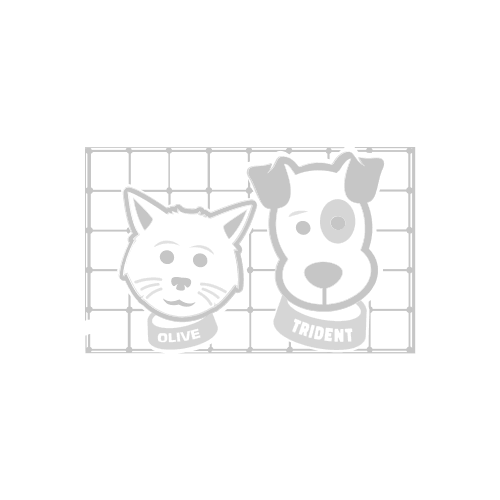Montreal Dog Chip Law
Lost pet posters may soon be a thing of the past. That’s the idea behind a new Montreal bylaw stipulating all cats and dogs over six months must be microchipped as of Jan. 1.
Cats, dogs and rabbits must also be sterilized as of the same date.
“We think it’s wonderful,” said SPCA spokesperson Anita Kapuscinska. “Microchips are one of the best ways to be able to find your companion animal in the event they’re lost or stolen.
“It’s recommended for anyone who has an animal at home, even if they don’t go outside; animals could get out through windows left open or during a move. One of the fastest and best ways to ensure an animal returns home is to have a microchip.”
Kapuscinska also emphasized the importance of sterilization, which she said “helps counter over-population issues, and is very beneficial to animals for behavioural and medical reasons.”
A microchip is a small electronic device the size of a grain of rice, which a veterinarian inserts under the animal’s skin, on the back near the shoulder blades. The process is relatively painless — “it’s comparable to having your ear pierced,” said Kapuscinska. The chip remains with the animal for life, and is a direct link to its owner.
Chips contain a unique ID number that can be scanned at the SPCA or a veterinary clinic, giving access to owners’ contact information. Such should be updated regularly in the case of a move, new phone number or change in owners.
The SPCA has been microchipping cats and dogs for years, the cost of which is included in adoption fees. The new city regulations ensure the practice becomes the norm.
As of Jan. 1, owners can be asked for proof their pet has a microchip, or have a letter from a vet explaining that the procedure is contraindicated for the animal; the same goes for proof their cat, dog or rabbit is neutered.
Fines for a first infraction range from $300 to $600; $600 to $1,200 for a second offence; and $1,200 to $2,000 for subsequent offences.
Legal incentives aside, the regulation will save pets and owners a lot of stress, Kapuscinska believes. She has seen the proof.
“Animals (with microchips) who come to the shelter as strays are reunited with their owners right away,” she said. “Losing an animal is a very stressful time. The quicker we’re able to reunite a family with a lost animal, the better it is for the animal and the people.”
Kapuscinska spoke of animals being reunited with their owners after years apart thanks to microchips, and of animals found injured in the middle of the night being swiftly returned to their owners.
“It’s super important,” she said.
The SPCA offers a microchip implantation and registration service, weekdays from 1 to 3 p.m. at a cost of $45. The whole process takes 30 to 45 minutes.
There has been an upswing in people bringing in their pets for their procedure, according to Kapuscinska, who noted the SPCA is currently treating about 10 to 15 animals per day — which is a bit higher than usual, perhaps as a lead-up to the new regulations.
Owners should bring proof of ownership, such as an adoption contract or vaccination certificate. But you don’t have to go to the SPCA; many private veterinarians also offer the service.
Tags are an even quicker way to identify an animal and its owner. For $10, the SPCA engraves tags with the animal’s name and owner’s phone number. Tags come in various colours, shapes and sizes.
It’s recommended for cats and dogs to be both tagged and microchipped, Kapuscinska said.
“Tags and collars get lost. Microchips never get lost. The two together are the best way to protect the animal.”
Story re-posted from Montreal Gazette. Written by T'cha Dunlevy

